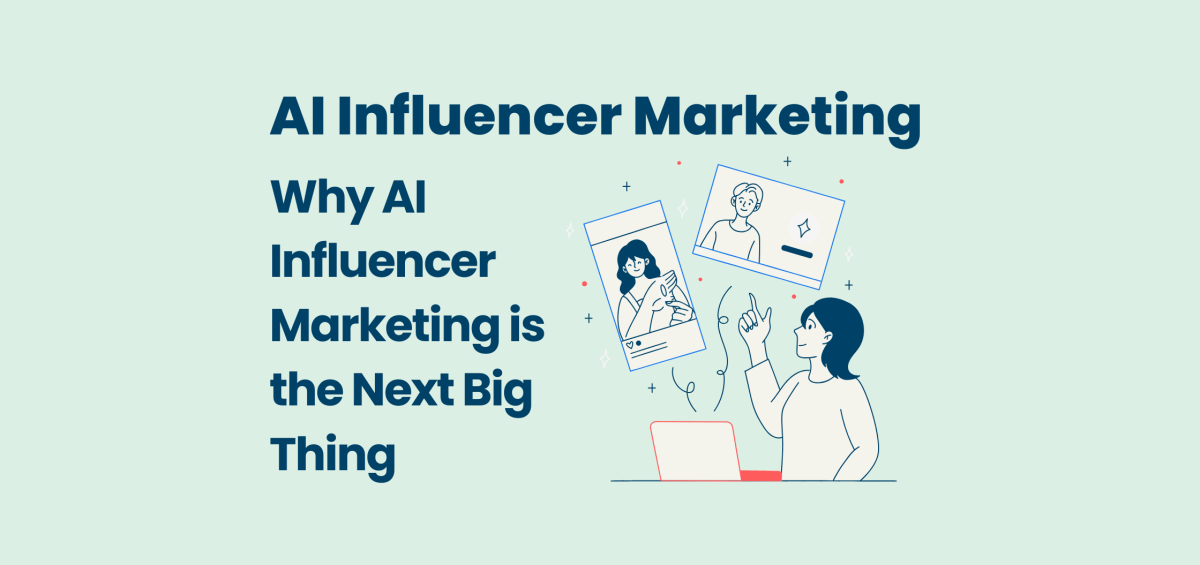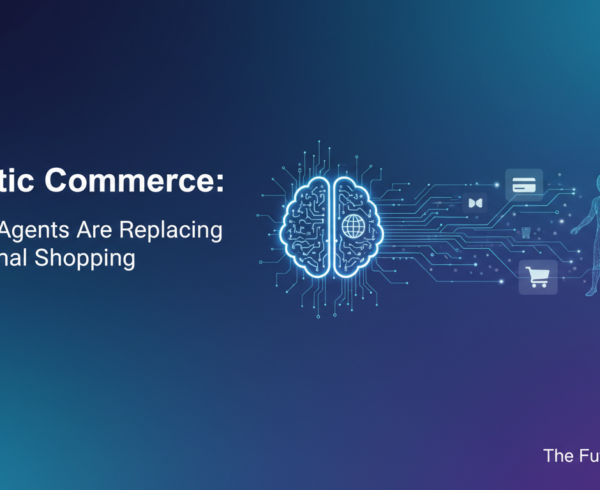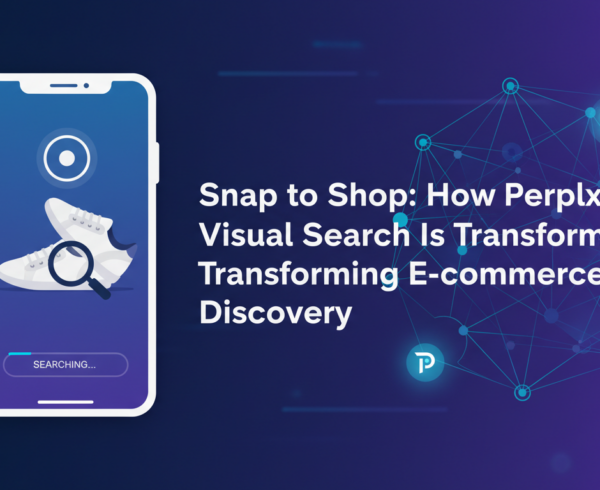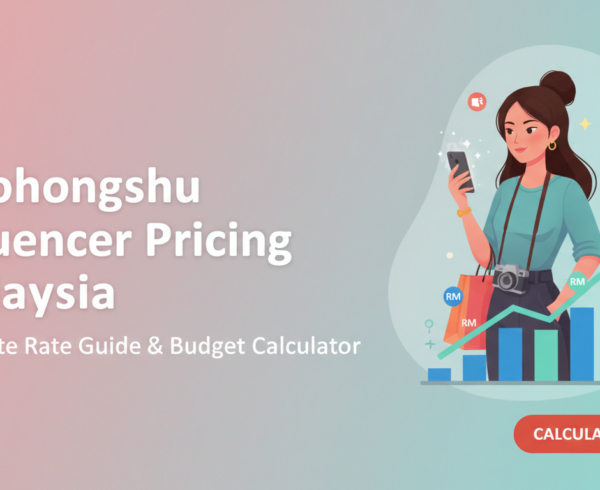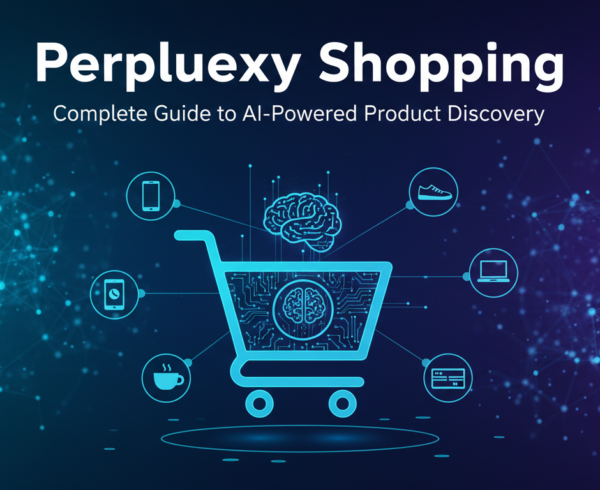The world of marketing is constantly evolving, and the rise of artificial intelligence is ushering in a new era of possibilities. One of the most intriguing developments is the emergence of AI influencers – virtual personalities powered by AI that are rapidly gaining popularity and influence. Here are 10 compelling reasons why AI influencer marketing is not just a trend, but the next big thing in how brands connect with their audiences:
1. Unprecedented Brand Control: Imagine having an influencer who perfectly embodies your brand values and never goes off-script. AI influencers offer precisely that – complete control over their image, messaging, and behavior. Unlike human influencers who operate independently, AI personas are meticulously crafted and managed, ensuring consistent brand representation and eliminating the risk of PR mishaps or conflicting endorsements. This level of control is invaluable for maintaining brand consistency and safety across all marketing initiatives.
2. Around-the-Clock Availability: Human influencers need rest, vacations, and have scheduling limitations. AI influencers, on the other hand, are always on. They can engage with audiences 24/7, participate in global campaigns across different time zones, and provide a constant brand presence without any downtime. This always-on availability ensures continuous engagement and maximizes reach for brands looking to connect with a global audience.
3. Cost-Effective Scalability: While the initial investment in creating a high-quality AI influencer might be significant, the long-term operational costs can be considerably lower compared to continuously engaging with multiple human influencers. Brands can potentially avoid negotiation fees, travel expenses, and the complexities of managing numerous individual relationships. This makes AI influencers a scalable and cost-effective solution, particularly for brands with extensive and ongoing marketing needs.
4. Rich Data and Actionable Insights: Every interaction, every piece of content, and every audience engagement generated by an AI influencer can be meticulously tracked and analyzed. This provides brands with a wealth of data on campaign performance, audience demographics, content preferences, and overall marketing effectiveness. This data-driven approach allows for continuous optimization of marketing strategies, enabling brands to refine their messaging and target their audiences with greater precision.
5. Appeal to the Digitally Native Generation: Younger generations, especially Gen Z, have grown up in a digital world and are often more receptive to virtual entities and online personas. They are comfortable interacting with avatars and digital characters in various online environments. AI influencers, with their flawless digital aesthetics and carefully curated online presence, can resonate strongly with this influential demographic, offering brands a unique avenue to connect with them on their terms.
6. Seamless Integration with Emerging Technologies: AI influencers are perfectly positioned to thrive in the evolving digital landscape, particularly with the rise of the metaverse, virtual reality (VR), and augmented reality (AR). They can seamlessly integrate into these immersive environments, offering brands new and engaging ways to interact with consumers in virtual worlds and blended reality experiences. This adaptability makes them a future-proof marketing asset.
7. Reduced Risk of Controversy: Human influencers, being individuals with their own opinions and lives, can sometimes become embroiled in controversies that can negatively impact the brands they represent. AI influencers, being carefully controlled digital entities, significantly reduce this risk. Brands can ensure their virtual representatives consistently uphold their values and avoid any actions that could damage their reputation.
8. Highly Customizable and Adaptable: AI influencers can be designed and customized to perfectly match a brand’s specific needs and target audience. Their appearance, personality, interests, and even their voice can be tailored to create the ideal brand ambassador. This high level of customization allows brands to create truly unique and memorable virtual personalities that resonate deeply with their desired consumer base.
9. Driving Innovation in Content Creation: AI technology is rapidly advancing in its ability to generate creative content. AI influencers can leverage these advancements to produce diverse and engaging content, from social media posts and videos to even participating in virtual events and experiences. This can free up human marketing teams to focus on strategic planning and higher-level creative endeavors.
10. A Glimpse into the Future of Influence: AI influencer marketing is not just a temporary trend; it represents a fundamental shift in how brands will connect with consumers in the future. As AI technology continues to evolve, virtual influencers will become even more sophisticated and integrated into the marketing mix. Brands that embrace this emerging technology early will gain a significant competitive advantage in the years to come, positioning themselves as innovative and forward-thinking in the eyes of their target audience.
In conclusion, the rise of AI influencer marketing presents a compelling array of benefits for brands looking to enhance their reach, control, efficiency, and engagement in the digital age. While ethical considerations and the role of human influencers will continue to be important, the unique advantages offered by AI personalities make them an undeniable force shaping the future of influencer marketing and brand communication. Embracing this innovative approach is no longer a question of if, but when, for brands aiming to thrive in the evolving digital landscape.

